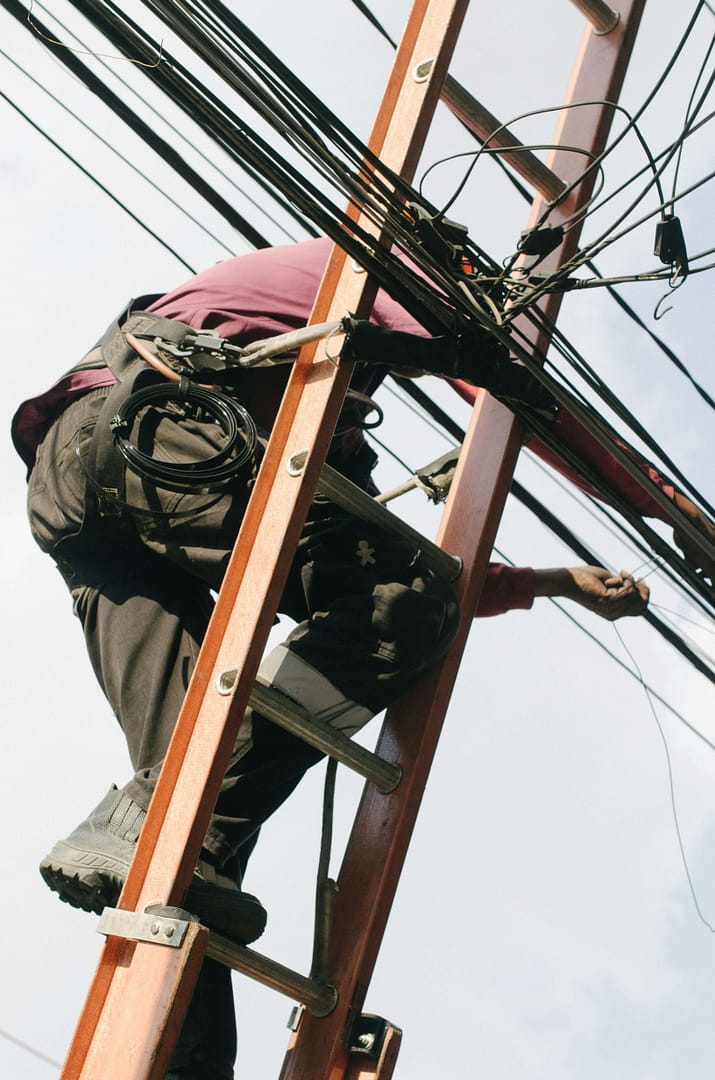Spinal cord injury (SCI) is a devastating condition that affects millions of people worldwide, causing significant physical, emotional, and financial burdens. The ability to access quality care and support plays a crucial role in the recovery and quality of life for individuals with SCI. In this article, we will explore how the United Kingdom compares to the rest of the world in terms of spinal cord injury care, examining the global burden of SCI, the epidemiology of SCI in the UK, and the healthcare systems and services available. We will also discuss what the best steps are regarding making a serious injury claim.
The Global Burden of Spinal Cord Injury
Spinal cord injury is a global health concern with substantial implications for individuals, families, and societies. According to the World Health Organization (WHO), approximately 250,000 to 500,000 people suffer from SCI each year worldwide. These injuries often result from trauma, such as motor vehicle accidents, falls, or sports-related incidents. Other non-traumatic causes, such as diseases and medical conditions, can also lead to spinal cord injury.
The consequences of SCI are far-reaching, impacting not only physical functioning but also mental health, employment opportunities, and social participation. It is estimated that around 90% of individuals with SCI experience some form of disability, and the majority require long-term care and support to manage their condition.
Epidemiology of Spinal Cord Injury in the UK
In the United Kingdom, spinal cord injury is a significant health issue affecting thousands of people annually. According to the Spinal Injuries Association (SIA), approximately 1,200 individuals sustain a new SCI each year in the UK. These injuries are predominantly caused by accidents, with falls and road traffic incidents being the leading culprits.
The demographics of SCI in the UK reveal interesting patterns. Men are more likely to experience spinal cord injury than women, accounting for approximately 80% of all cases. The age group most affected by SCI is between 16 and 30 years old, representing a crucial stage of life when individuals are often pursuing education, starting careers, or engaging in recreational activities.
Spinal Cord Injury Care in the UK
The United Kingdom has made significant strides in developing comprehensive care and support systems for individuals with spinal cord injury. The National Health Service (NHS) plays a vital role in providing healthcare services to those affected. Specialised spinal cord injury centres, equipped with multidisciplinary teams of healthcare professionals, deliver specialised care throughout the country.
These centres offer a range of services, including acute medical management, rehabilitation, and ongoing support. Rehabilitation programs focus on helping individuals regain functional independence and optimise their quality of life. They encompass physical therapy, occupational therapy, psychological support, and vocational training, among other interventions.
Assistive technologies, such as wheelchairs, orthotics, and communication devices, are also an integral part of spinal cord injury care in the UK. These technologies aim to enhance mobility, communication, and independence, enabling individuals with SCI to participate actively in society.
Furthermore, the UK government has implemented legislation and initiatives to protect the rights of individuals with spinal cord injury. The Equality Act of 2010, for instance, ensures equal access to education, employment, and public services for disabled individuals, including those with SCI. These measures contribute to creating an inclusive and supportive environment for individuals living with spinal cord injury.
International Comparison: How Does the UK Fare?
When comparing the UK’s spinal cord injury care to that of other countries, several factors come into play. These include access to healthcare services, availability of specialised centres, rehabilitation programs, assistive technologies, and overall societal support.
While it is challenging to provide an exhaustive analysis, the United Kingdom generally ranks well in terms of spinal cord injury care when compared to many other nations. The well-established NHS and its specialised spinal cord injury centres ensure prompt and comprehensive care for individuals with SCI. The UK’s commitment to research and innovation in spinal cord injury treatment and rehabilitation is also noteworthy.
However, it is important to note that challenges and disparities persist within the UK healthcare system. Wait times for specialised care and services, limited availability of resources in some regions, and the need for continuous improvements in post-acute care are areas where further attention and investment are necessary.
Making a Serious Injury Claim
When a person experiences a spinal cord injury, they may be entitled to compensation to help cover the costs associated with their injury, medical treatment, rehabilitation, and ongoing care. Making a serious injury claim is an important step towards obtaining the financial resources needed to support the individual’s recovery and future needs.
In the United Kingdom, individuals who have suffered a spinal cord injury due to someone else’s negligence or wrongdoing have the right to pursue a personal injury claim. This allows them to seek compensation for damages, including medical expenses, loss of income, pain and suffering, and other related costs.
To initiate a serious injury claim, it is advisable to seek legal guidance from us at National Claims, where we specialise in spinal cord injury cases. We have the expertise and experience to navigate the claims process, gather evidence, and build a strong case on behalf of the injured individual.
We will assess the circumstances surrounding the injury, gather medical records, consult with medical experts, and calculate the potential value of the claim.

Conclusion
Spinal cord injury care in the United Kingdom has come a long way in providing comprehensive support and resources for individuals affected by these life-altering injuries. The NHS, specialised centres, rehabilitation programs, assistive technologies, and legal avenues for compensation all contribute to a more favourable environment for individuals with spinal cord injury.
However, challenges remain, and ongoing efforts are required to address disparities, reduce wait times, and ensure equitable access to care and support services throughout the country. By prioritising research, investment, and continuous improvements, the UK can continue to make significant progress in spinal cord injury care.
For individuals who have suffered a spinal cord injury, seeking legal guidance and making a serious injury claim can provide the necessary financial resources to aid their recovery and future needs. By working with experienced solicitors, individuals can navigate the legal process and seek fair compensation for the damages they have incurred.
Ultimately, through a combination of healthcare advancements, legal support, and societal changes, the United Kingdom can continue to improve its standing in spinal cord injury care, setting an example for the rest of the world in providing comprehensive care and support for individuals living with spinal cord injury.
Contact us today to find out more information about us and how we help with serious injury claims and you can start your claim now.
Click below to see why we are one of the most trusted claims management companies in the UK.

We’re proud of our excellent customer reviews
We thrive on delivering exceptional service and ensuring our clients’ satisfaction. Don’t just take our word for it. Check out some of our independent reviews to see what our clients have to say.
Excellent

This firm is excellent, they sorted out my car pay out and injury claim very fast, they always communicate with you all the time.

My accident case was dealt with confidence and with great result of the outcome, especially James kept me informed all the time.

I was very impressed at the way my inquiry was treated. I was listened to attentively and everything I needed to know was explained to me.






